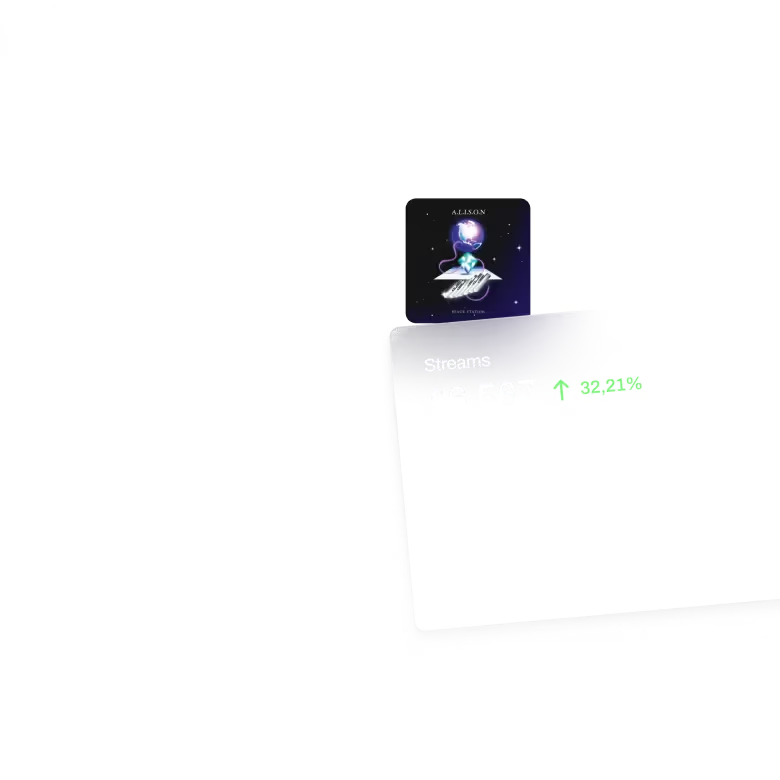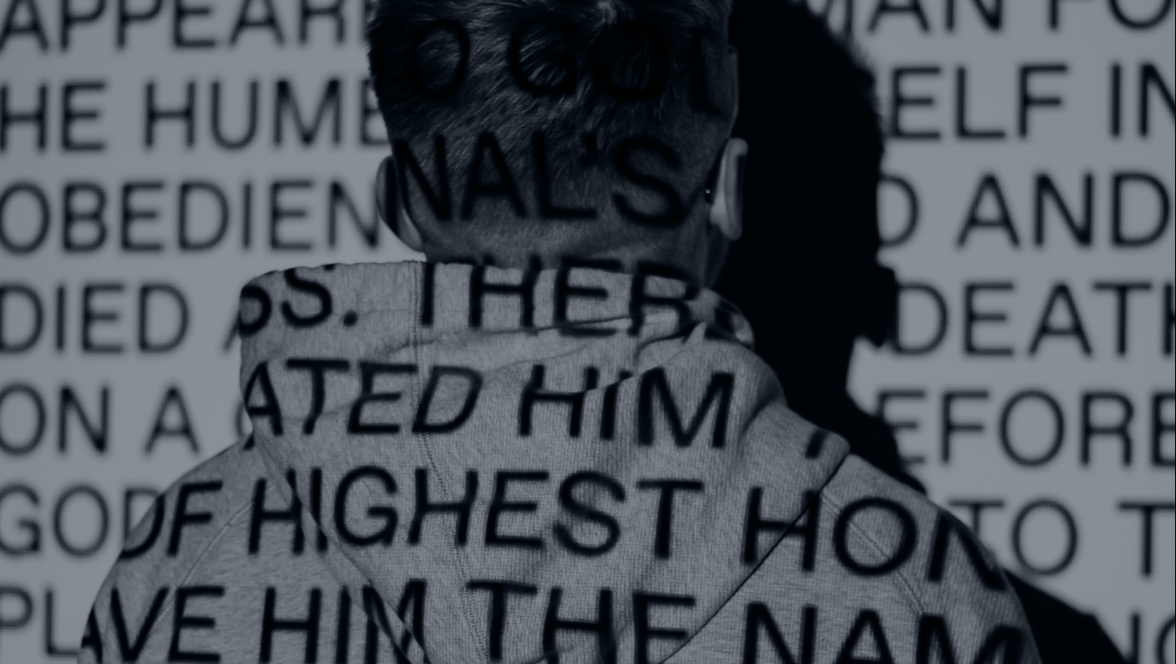
How To Overcome Creative Block For Musicians

Creative block isn’t unique to writers. Unfortunately.
Anyone in a creative role, where you’re using the creative side of your brain to make art in whatever form, can feel the draining, frustrating effects of creative block equally.
As a musician, it’s probably something you’ve felt more than once.
Tiredness creeping over you. Fogginess in your brain. Feeling stuck in a rut with no clear path forward.
You might be able to solve those feelings with a good night’s sleep - but sometimes they feel impossible to escape from and can leave you questioning whether a music career is really the right choice for you after all…
But before you throw the towel in, there are plenty of things you can do to dig yourself out of your creative-block-induced rut. We’ve put together a quick guide to overcoming creative block, with 4 things to try that will (hopefully) get your creative juices flowing again!
Take a break
When you’ve got deadlines to meet and hundreds of things to do, taking a break is the last thing you’re considering doing, right?
But the thing is - pushing through creative block doesn’t often work. In fact, pushing yourself can have the opposite effect.
Taking a break can be the cure you’re looking for.
Whether it’s a whole day off to catch up on your guilty pleasure TV show or just a 10-minute walk around the block, getting out of your usual routine allows your brain to switch off - giving it time to reset.
The point is that doing something that ISN’T trying to create music will shift your brain’s focus away from the thing you’re struggling with. Moving your attention onto something else will allow your subconscious brain to take over, processing information, generating new ideas, and topping up your creativity levels while you’re enjoying a break.
Brain dump
As an independent artist, you’re likely juggling a hundred tasks at any one time. Making music, staying active on social media, keeping up with the latest streaming rules, monitoring your analytics, working with collaborators… a lot goes into being a musician, so your brain is probably chockablock with more to-do lists than any single brain can handle.
If every ounce of your brain’s energy and focus is going into remembering all the things you need to do, it’s no wonder you’ve got no space or brainpower left for being creative.
The solution? Take all of those to-dos out of your brain and onto (real or digital) paper instead. Hand off the responsibility for remembering things to something external, rather than forcing your brain to do it all.
Sit down with a pen and paper or open up the Notes app on your phone. Without any sort of plan, just list everything that comes to your mind. Whether it’s ‘buy eggs for breakfast’ or ‘decide on a name for my next album’ - get everything out onto paper in whatever order they pop into your head. You can come back to it later on to organise your thoughts and put them into some kind of plan, but for now just get them out of your head.
Just like taking a break from trying to make music allows your brain some breathing space, so too does brain-dumping all your thoughts. With a bit of respite, your creative juices are likely to come back much faster than if you were to continue trying to push through and leave your brain responsible for remembering everything.
Collaborate
The saying ‘misery loves company’ is oddly appropriate for creative block.
If you’re in the depths of feeling unmotivated, uninspired, un-everything, reaching out to another artist is (almost) guaranteed to bring your creative spark back.
Not only do you get the opportunity to chat to someone who really understands both the pressures and joys of being an independent artist, but you also get to bounce ideas around together - meaning you’re not relying only on your brain to be creative.
Collaborating is mutually beneficial in so many ways, regardless of creative block, but is especially useful for those times when you’re feeling uninspired. Seeing creativity through someone else’s eyes will help to remind you of why you started making music in the first place, which in turn will help to bring back your motivation and creativity.
JFDI (Just F*ing Do It)
Sounds simple, doesn’t it? Sometimes, it’s the best solution.
If you’ve tried other things in an effort to unblock your creative block but they’re just not working - it might be time to just start something.
One common source of creative block is perfectionism. You want to create a hit, not just something ‘good enough’ - but putting that pressure on yourself to be performing at your absolute best every single moment of every single day is often what causes your creative brain to shut down and refuse to work.
Releasing that perfectionism and taking the pressure off creating something amazing will likely help to release the block in your brain.
Even if you sit down to play around with beats and melodies and tell yourself you only have to do 10-minutes of it, the chances are you’ll find something in that 10-minutes that hooks you and keeps you going. If it’s terrible when you come back to it later on, that’s fine - you can edit, sculpt and reword something less-than-perfect, but you can’t edit silence!






